Quick word play and creative melodies had heads bouncing on screens during SF State’s Paul K. Longmore Institute’s virtual event “Ableism in Hip-Hop: Krip-Hop Artists Drop Knowledge and Lyrics.”
On Saturday, Feb. 21, Krip-Hop Nation founder Leroy Moore Jr. facilitated the discussion, which focused on struggle in the face of ableism and the art of persevering through difficult times.
“The thing that I see in hip-hop [is] that mental health is talked about a lot,” Moore Jr. said, ”but we don’t move further into disability, we don’t move into physically disabled artists, artists that have autism, artists that are blind, so that push needs to happen.”
Established in 2007, Krip-Hop Nation is an organization focused on showcasing the talents of disabled hip-hop artists to the music industry while also raising public awareness in disabilities.
“That which we cannot change about ourselves is what’s going to be used to try to other us,” said Keith Jones, co-founder of Krip-Hop Nation. Jones’ quick-witted lyrics and funky beats were reminiscent of old school hip-hop, when lyrical wordplay and storytelling were center stage.
For artists like Jones, who has cerebral palsy, finding a place in mainstream media has been difficult. He explained how ableism is as much a barrier as sexism, racism or genderism. “They told me, ‘We don’t know how to market a dude with cerebral palsy in hip-hop,’ so you don’t!’ ” Jones said.
Rapper Toni Hickman said she was naive to ableism until she became disabled herself. “I was the ignorant one,” said Hickman, who overcame a brain aneurysm and stroke, “just like I had to learn to tie my shoe with one hand, you just learn to adjust.”
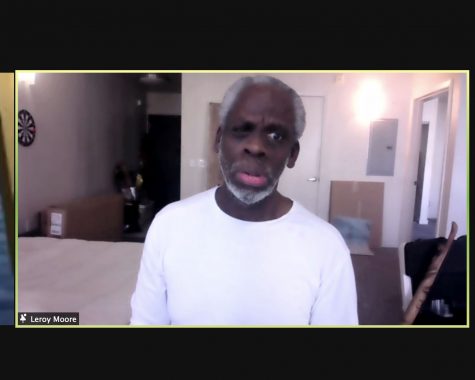
Hickman’s message was echoed by other participants throughout the event, a message that was simple and clear: “Keep committing to your craft and your purpose, your voice will be heard no matter what the situation is. You just have to stay committed.”
The event was hosted and coordinated by Emily Beitiks, associate director at Longmore Institute on Disability at SF State. She wanted to ensure that students with disabilities could be introduced to creative outlets like Krip-Hop. “This might be a place that you find your home, that you find your voice.”
The Longmore Institute on Disability seeks to organize events and cultural programs that put disability at the forefront of public discourse. Its mission is to revolutionize social views toward disabled people’s experiences.
To that end, Krip-Hop offers an alternative platform for disabled musicians to express themselves and challenge the industry status quo. “The platform has been open since the early days of hip-hop,” Moore Jr. said, “because you didn’t need a Ph.D or a byline, you just need yourself and some good lyrics.”
Moore Jr. hopes Krip-Hop will soon get recognition, “Not only in the music industry but our own communities.”




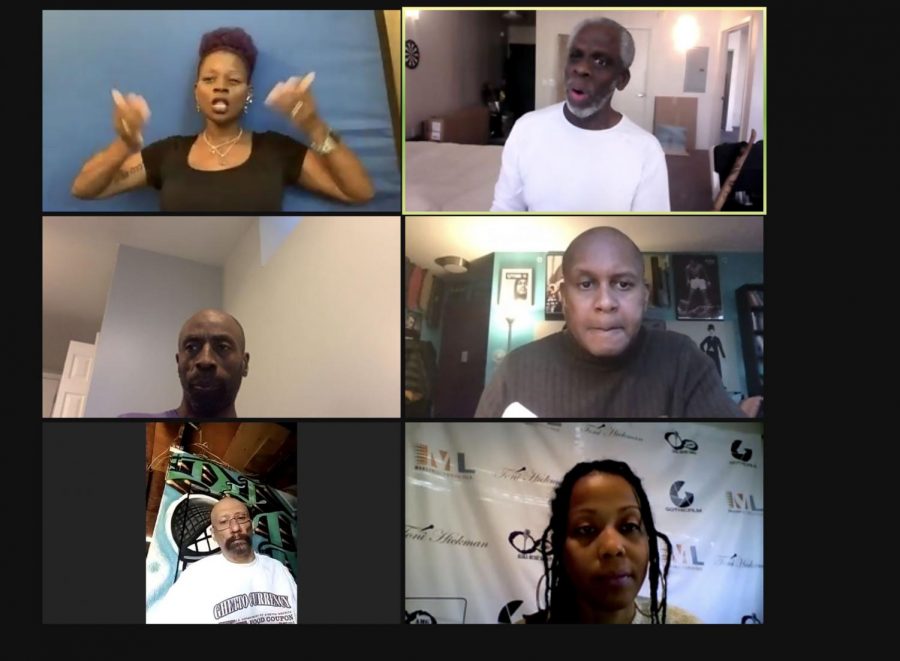
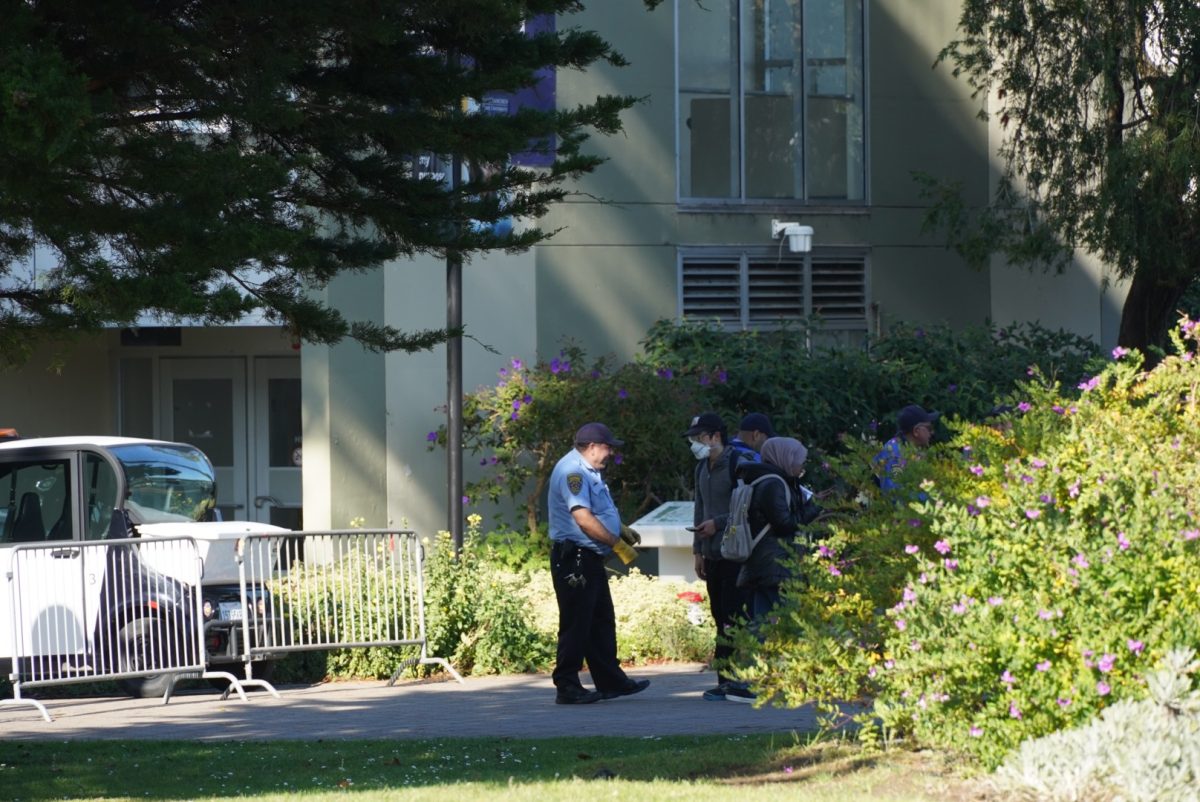
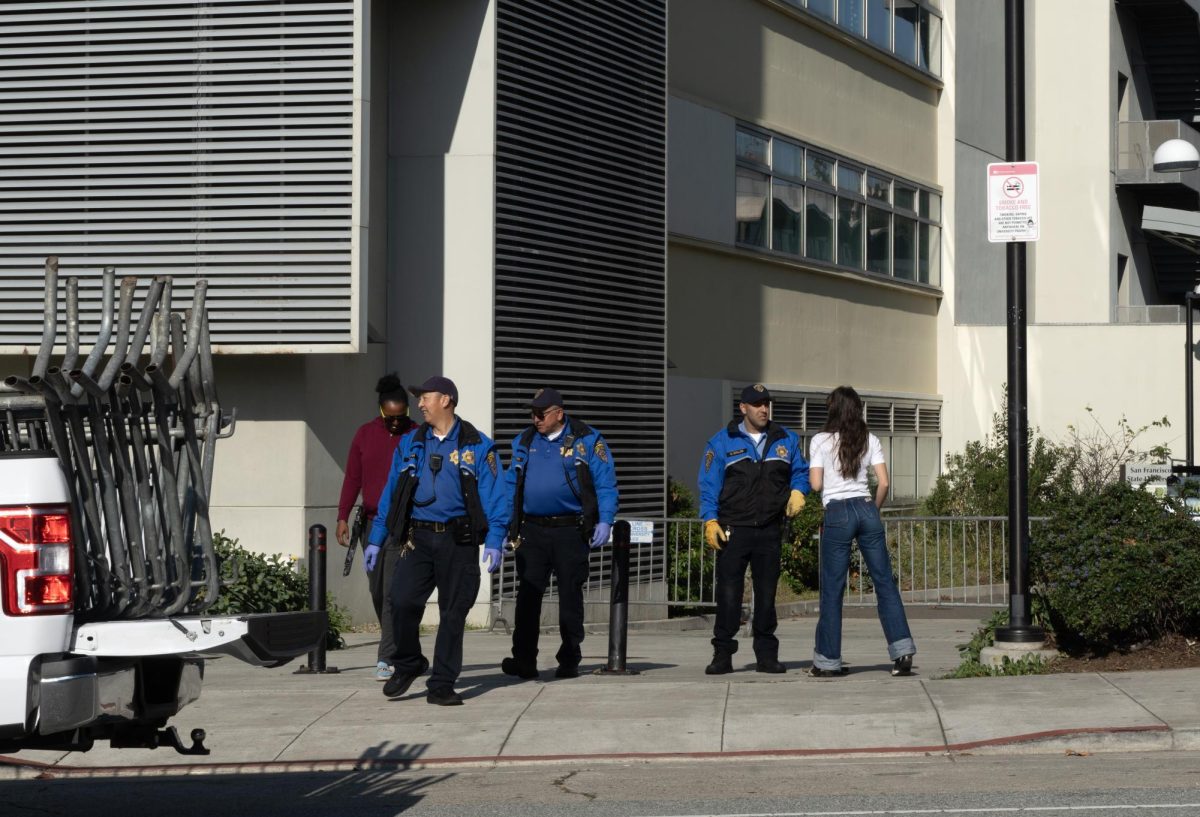
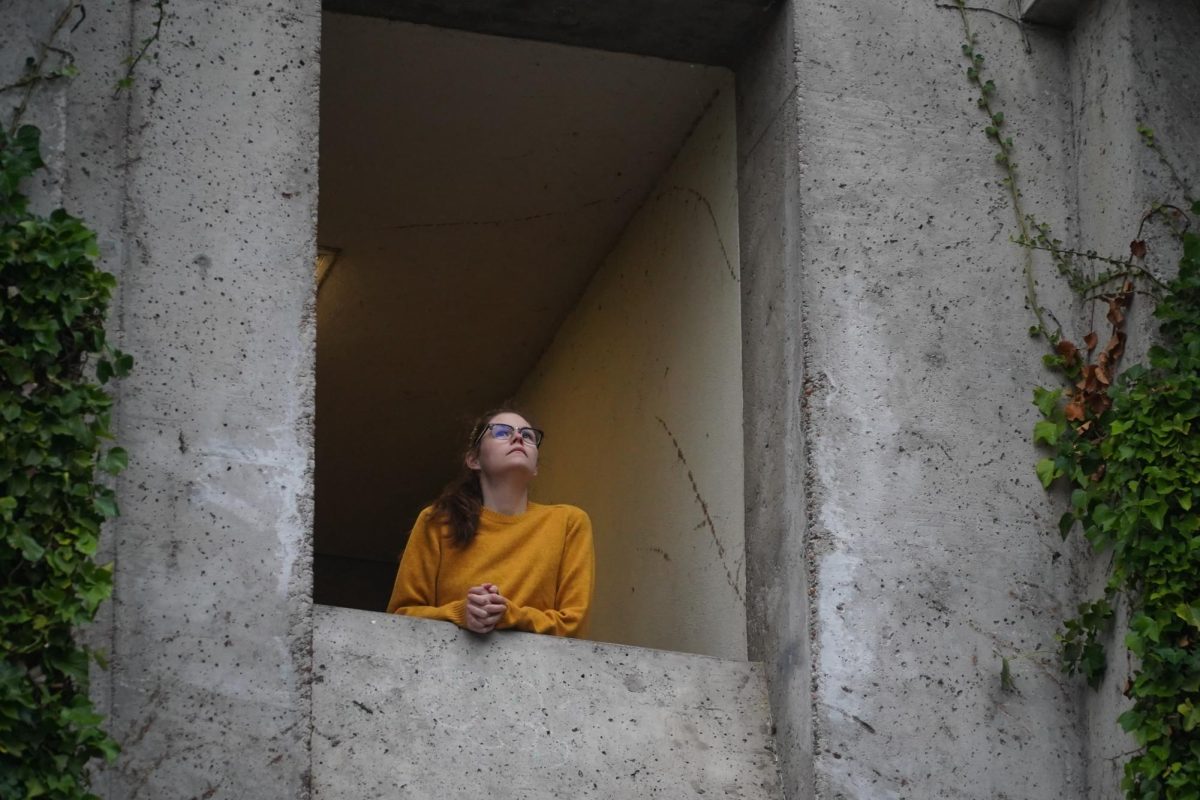
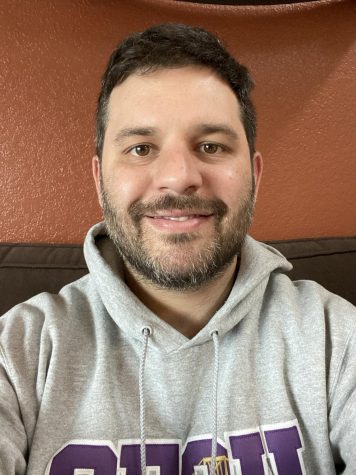

Olivia • Mar 3, 2021 at 9:49 am
Well written and informative! It’s so important to acknowledge and listen to the hidden struggles in all communities